The Paranormal Science & History Behind The "28 Day Cycle" Seen On Netflix's '28 Days Haunted'
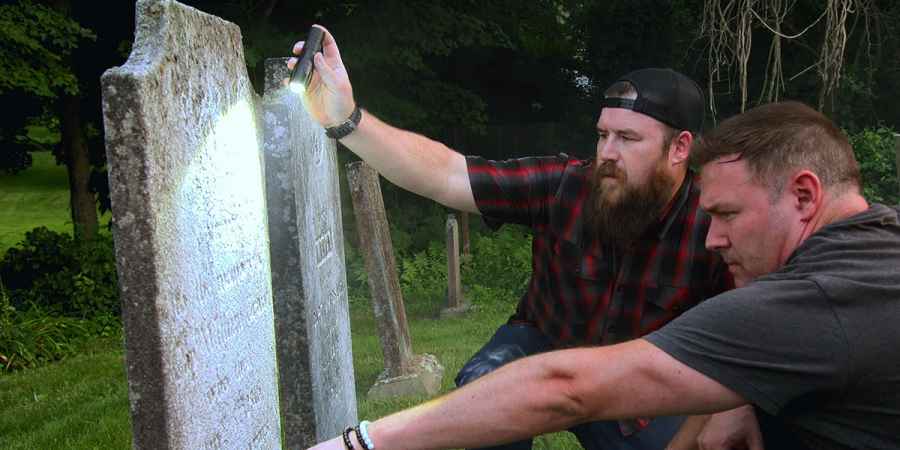
Photo: Netflix

Photo: Netflix
This page is more than two years old.
The Netflix ghost hunting series, '28 Days Haunted' introduced the paranormal world to the 28 day cycle, a theory on the nature of hauntings that was developed by famed American ghost hunters Ed and Lorraine Warren, but is there any science to back up this theory?
In the show, which dropped on Netflix in October, we're told that the investigation teams in the show will be locked down inside of three allegedly haunted location for 28 days. During this time they'll be totally immersed in the haunting with no contact with the outside world.
We're told that the reason the show's producers picked a 28-day duration is due to Ed and Lorraine's discovery that in their cases it took 28 days to fully pierce the veil between the living and the dead. The husband-and-wife investigators claimed that this barrier becomes virtually non-existent at 28 days, allowing investigators to fully connect with what's lurking at a location.
Validating the origin of this theory is tricky. It's not clear whether the theory is based on the Warrens' analysis of reports from other people living longterm in a haunted location, or whether Ed and Lorraine actually noticed this paranormal connection themselves after 28 days during their cases. Sadly they are no longer with us, so we can't ask them.
However, they did leave behind extensive notes on their 10,000 cases, some of which have been adapted into the biggest horror movies of all time, including 'The Conjuring' series. Many more have also been included in several books based on their case files.
None of these books seem to mention that the Warrens moved into haunted locations and cut themselves off from the outside world to investigate them, especially not for as long as a month. In 'The Demonologist', a biography on the Warrens written by Gerald Brittle, Ed is quoted as saying, "I spent a week in Enfield. I thoroughly interviewed all the members of the family, separately and together, while witnessing the phenomena go on around me in the house."
So we know that in some situations they'd spend at least a week investigating a case, but Ed's documents on the famous Enfield case reveal that they weren't in any way cut off from the outside world. In fact while there, they conducted a live transatlantic phone interview with a radio station in Pennsylvania via a phone in a neighbour's house.
Of course the Warrens couldn't have spent four weeks on all of their 10,000 cases as this would equate to over 800 years worth of investigations. Plus, 'The Demonologist' also states that the couple travelled the country for 10 months of the year working on cases, but "one weekend a month, though, Ed and Lorraine manage to return to Connecticut and check in with home base." So this also seems to suggest they didn't spend any three weeks on a case in general at any one time.
The fact the 28 day cycle isn't mentioned in any of their books doesn't mean it wasn't a theory the Warrens came up with and documented elsewhere. As previously stated, it could be that the Warrens formed this theory after interviewing victims of hauntings. They may have noticed a pattern of increased paranormal activity that begins 28 days after moving into a haunted home.
We know that only a small percentage of the couple's cases have been published in book form, so this does still leave many that could have been longer, even 28 days long. After founding the New England Society for Psychic Research (NESPR) in 1952 they spent more than five decades investigating together, this would still potentially allow for an impressive 300 month-long cases, assuming they worked together flat-out and all their other 9,700 cases were just a day long.
The 28 day theory was thrust into the paranormal limelight by Tony Spera, the son-in-law of the Warrens and the current director of NESPR. Tony would presumably have access to all of the Warrens case files.
The thing that was left unclear about the 28 day cycle experiment in the Netflix series was how they intended to attempt to prove the theory. The lockdown experiment ended on day 28, the point at which the theory states the barrier should break down and the investigators can fully connect with the spirits at the locations.
As the series went on it was clear to see an increase in activity as the 28th day approached, but because the experiment ended on the 28th day we have no way of knowing if the barrier between the living and the dead did break down on the 28th day. There's no way to compare activity before day 28 with activity after the veil has been broken down. We really needed another 28 days of investigation so we could fairly compare the frequency and intensity of the activity before and after day 28.
Whether Ed and Lorraine were really strong proponents of this theory or not doesn't take away from the fact that spending 28 days at a haunted location would be a hugely beneficial way to investigate it.
Spending an extended during at a property will help an investigator to understand it better. After a few days they'll have uncovered the normal explanations for many otherwise unexplained sounds, things like heating and ventilation systems, the building expanding and contracting naturally over the day, sounds from neighbouring buildings and noises caused by plumbing and drainage.
So 28 days might not connect you to a haunting better, but it definitely connects you to the environment and a building better and gives you a much better idea of what's happening there, allowing you to then determine whether those happenings are paranormal or not.
The idea of spending a prolonged period in a haunted property is not a new one. In 1937, British paranormal investigator, Harry Price, began arranged year-long rental in order to investigate the famous Borley Rectory, which at the time was said to be the most haunted house in England.
More On 28 Days Haunted
See All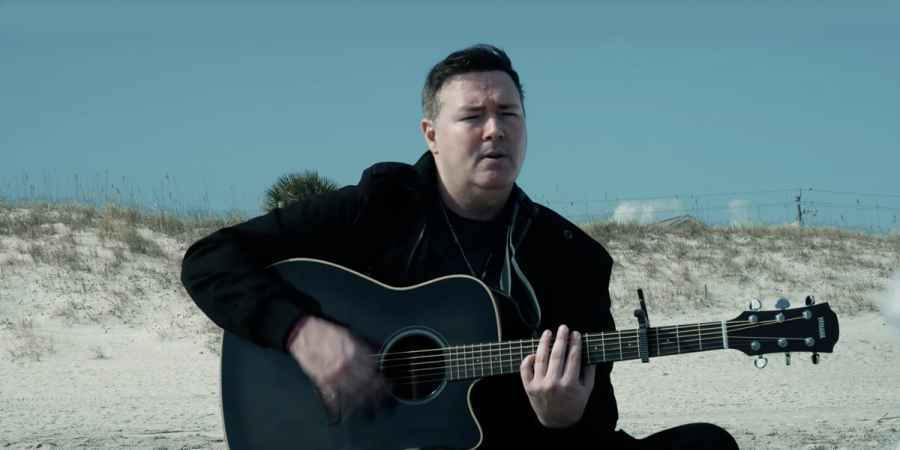
ArrayNovember 26, 2022
Sean Austin Pens Haunting Song Drawing On His Experiences Filming '28 Days Haunted'
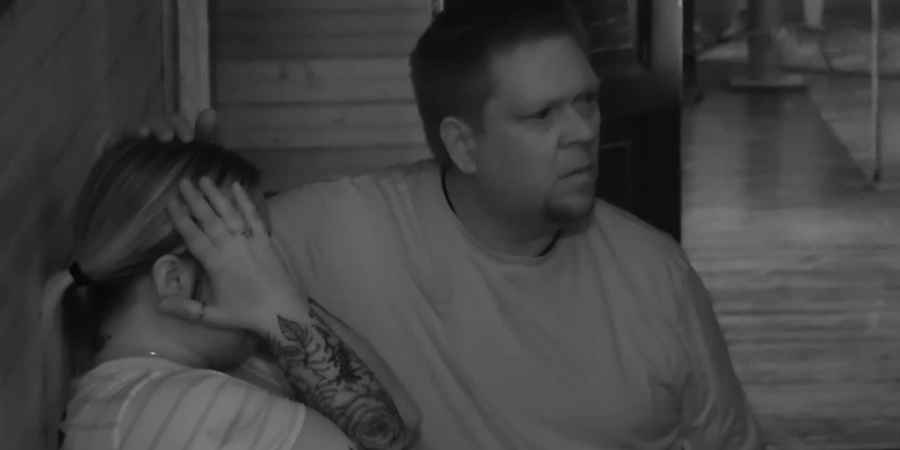
ArrayNovember 19, 2022
28 Days Haunted's Very Real Impact On The Paranormal World
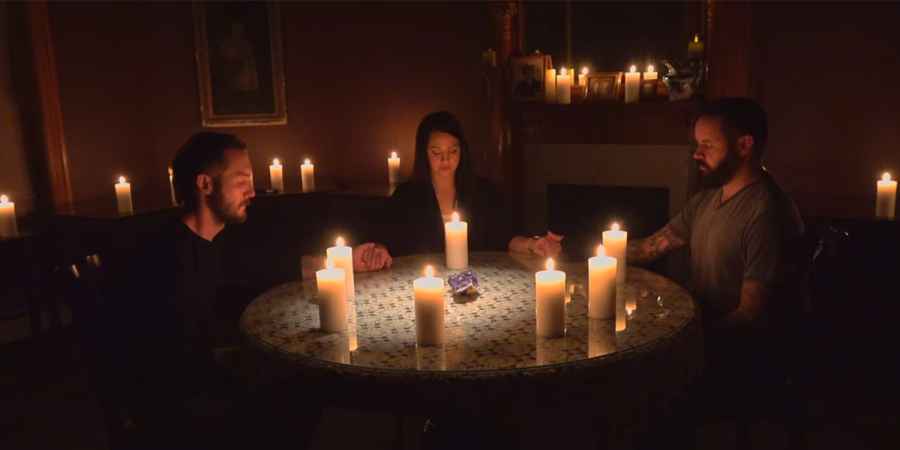
ArrayOctober 25, 2022
'28 Days Haunted' - The Worst Thing Netflix Has Ever Made?
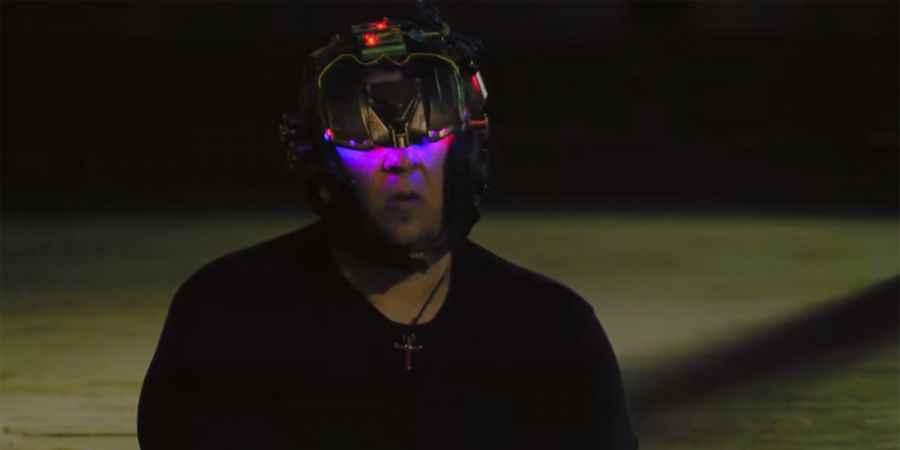
ArrayOctober 25, 2022
All The Ghost Hunting Equipment The Investigators Use In '28 Days Haunted'
Learn With Higgypop
Hosted by Paralearning in association with Higgypop, these courses on ghost hunting, paranormal investigations, and occult practices draw on the experience of our team of paranormal writers.

Diploma In Parapsychology & Psychic Phenomena
This course gives you practical and useful knowledge of ghost hunting and paranormal research, which is invaluable when conducting your own paranormal investigations or as part of a group event.
View Course
Diploma In Capturing & Analyzing Electronic Voice Phenomenon
This course gives you practical and useful knowledge of ghost hunting and paranormal research, which is invaluable when conducting your own paranormal investigations or as part of a group event.
View CourseMore Like This
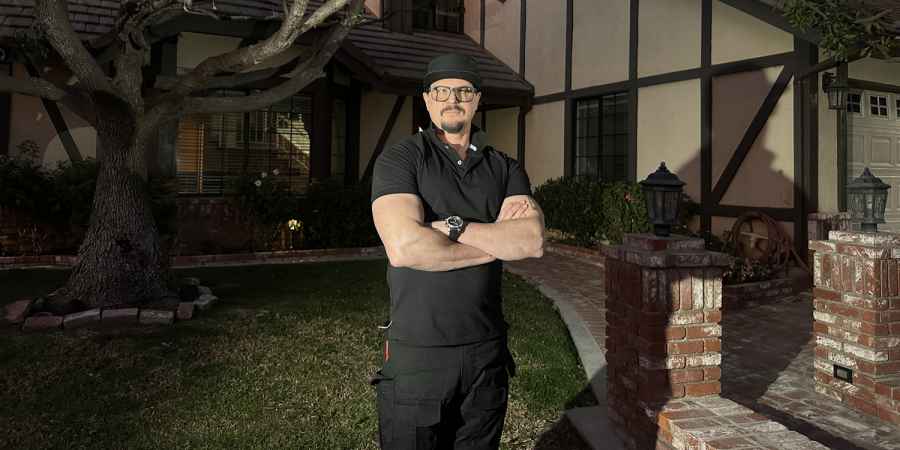
Ghost AdventuresApril 13, 2025
Watch A Sneak Peek Of The New Season Of 'Ghost Adventures'
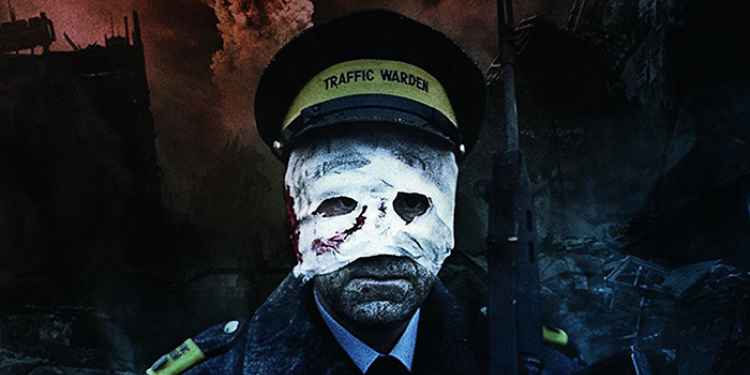
ThreadsApril 09, 2025
Grim Apocalyptic BBC Drama 'Threads' To Be Reimagined As A TV Drama Series
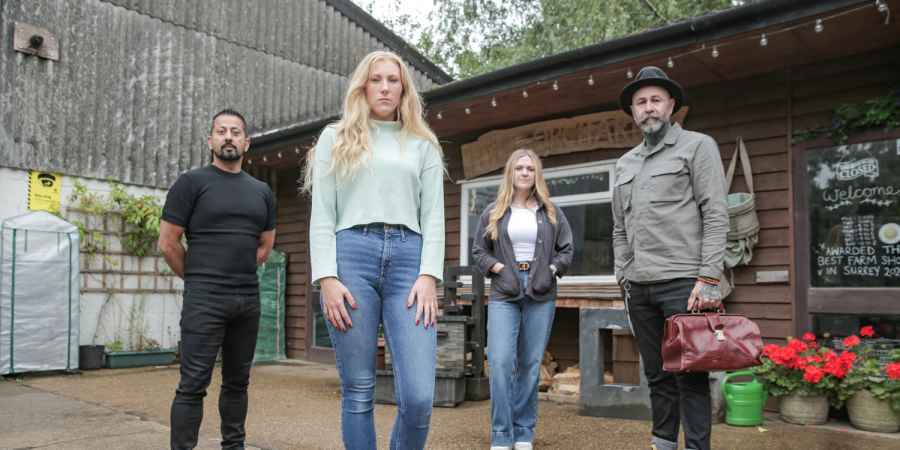
Help My House Is HauntedMarch 19, 2025
The Ghostly Victim Of A 1700s Murder Terrifies The 'Help! My House Is Haunted' Team
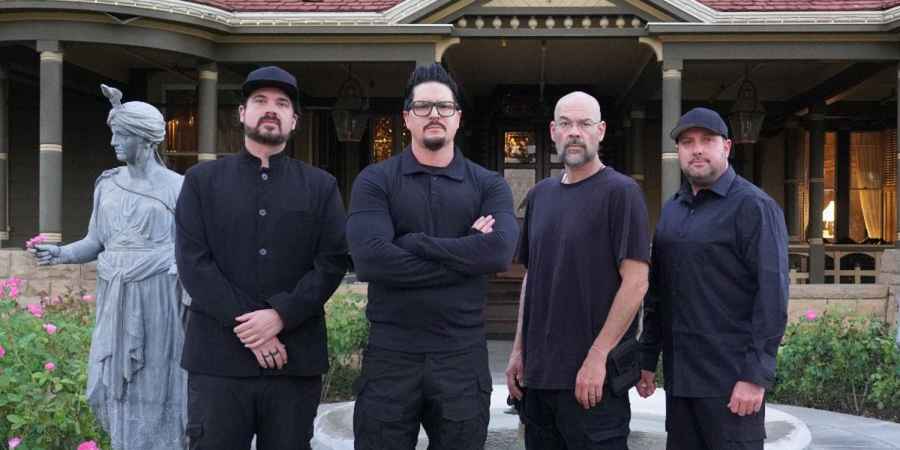
Ghost AdventuresMarch 18, 2025
'Ghost Adventures' Returns With Infamous Locations, Special Guests & Historic Curses
 See More on Audible
See More on Audible
Comments
Want To Join The Conversation?
Sign in or create an account to leave a comment.
Sign In
Create Account
Account Settings
Be the first to comment.